Review: Dobara Phir Se is actually more than just a boy-meets-girl story
I’ve been on the fence about Mehreen Jabbar’s Dobara Phir Se.
The film is a boy (Adeel Husain)-meets-girl (Hareem Farooq) story, but it isn't really as simple as that.
When Hammad (Adeel) and Zainab (Hareem) meet at a party at their friends Saman and Vasay's (Sanam Saeed and Ali Kazmi) house, Zainab is unhappily married to Asim (Shaz Khan). By the end of the party, Hammad's taken Natasha's (Tooba Siddiqui) number and the two start dating. Eventually, Zainab becomes available and Natasha gets dumped. So begins the film's core romance. We see Hammad and Zainab get together, fall apart and overcome a series of obstacles to get together again.
The events of Dobara Phir Se follow this rather predictable pattern, and by the end of it, it's fairly easy to summarise the film in a line or two. But doing so is dismissing all the little twists in the tale that are so well woven in the story that they don't really call attention to themselves.
And I think that's where the magic of Dobara Phir Se lies.

The winning attribute of the film is writer Bilal Sami's subtle subversion of widely held ideas about love and marriage.
The biggest instance of this: Zainab is divorced with a child, Zaid (played by Moosa Rabbani, who buoys up the film with charm only 10-year-olds could have), and she goes through the usual trials of post-divorce life — the struggle for financial stability, sparring over Zaid's upbringing with the ex-husband, her own guilt and confusion about introducing a new man (that is, Hammad) in Zaid's life.
But her marital status is not an 'issue' in this romance drama in the way we often see 'issue-based' films and TV serials. Not once in her interviews does director Mehreen Jabbar say that it is a film about a divorced woman. Zainab is divorced, as many people happen to be, and in not making a big deal out it, the film is more successful in introducing the idea in people's minds that there is life and love after divorce, it is not necessarily a 'haye Allah' moment when a man takes a happen-to-be-divorced woman home to meet his family as his prospective wife (although some random chachas may gossip about it, and that's okay).

There are other instances of this subtle subversion: Sanam Saeed plays Saman, a rather spunky, freewheeling kind of gal, who may come off as a little too loud, a little too brash, a little too bossy in her interactions with boyfriend-turned-fiance-turned-husband, Vasay. But there is no humbling of this woman, she suffers no downfall for her aberration from the docile norm. She bhangras her way into her mehendi and Vasay cheekily peeks out from the doli he is carried in as they get their happily ever after. It's a welcome contrast to the blushing brides and biwis of Bin Roye, for example, and again there is the blissful absence of pointed dialogues that call attention to what a different kind of girl Saman is.
Dobara Phir Se simply does a great job of showing instead of telling.
It's fairly easy to summarise Dobara Phir Se in a line or two, but doing so is dismissing all the little twists in the tale that are so well woven in the story that they don't really call attention to themselves. The winning attribute of the film is the writer Bilal Sami's subtle subversion of widely held ideas about love and marriage.
But this is not to say that the script doesn't have its flaws.
There are some far-too-convenient happenings in the story.
(SPOILER) For instance, Zainab and Hammad are reunited in the film by Zaid, who lands up at Adeel's apartment after running away from his father's house where he was carted off when Hareem was having her book launch. But why was he sent there in the first place? Hareem explains to Zaid that his father won't let him attend the launch, which is pretty darn cruel of him considering a) it's a pretty important moment in his mother's life and b) the book is inspired by and created for him. So why doesn't Hareem fight her ex-husband on this, when she's stood up to him in the past. Her attitude is more like 'go on son, get out of the way for a little bit because the script says so', and I feel the writer could have come up with an alternate way to bring Zainab and Hammad together. Events like this make the film a little too neat and predictable.
There are also some underdeveloped angles to the story, like Natasha (Tooba) as the thorn in Zainab's side. The two tolerate each other's presence with some very mature politeness, which of course is entirely plausible, but the fact that Natasha dutifully comes and goes from Hammad's life without causing much emotional discomfort to Zainab is what I find hard to believe. The film completely downplays the jealousy that is only natural between two women in love with the same man.

The script also has the benefit of excellent packaging. Dobara Phir Se wouldn't be the same or even worth the watch if it wasn't for its cinematography and music. The film woos its audience with beautiful sights and songs, keeping it entranced throughout its two hour duration. There was a really happy buzz during the intermission of the Karachi premiere two days ago — it was obvious people were glad they came.
This makes Dobara Phir Se, coming during a period of cinematic drought in Pakistan, a most timely release.
Dobara Phir Se opens in cinemas today.


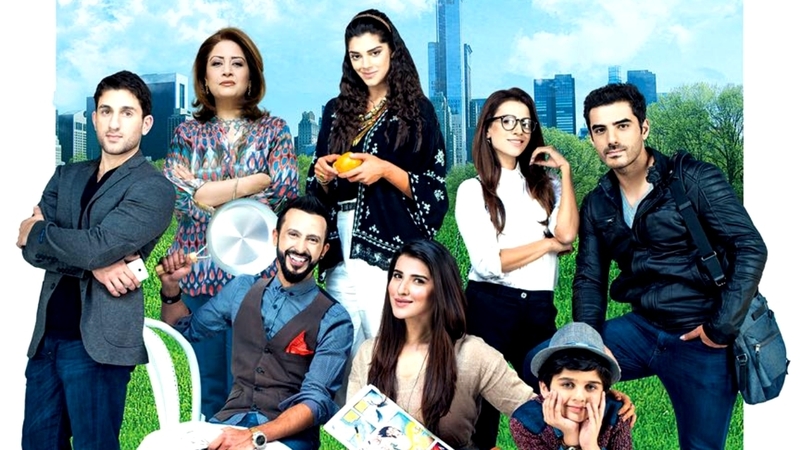


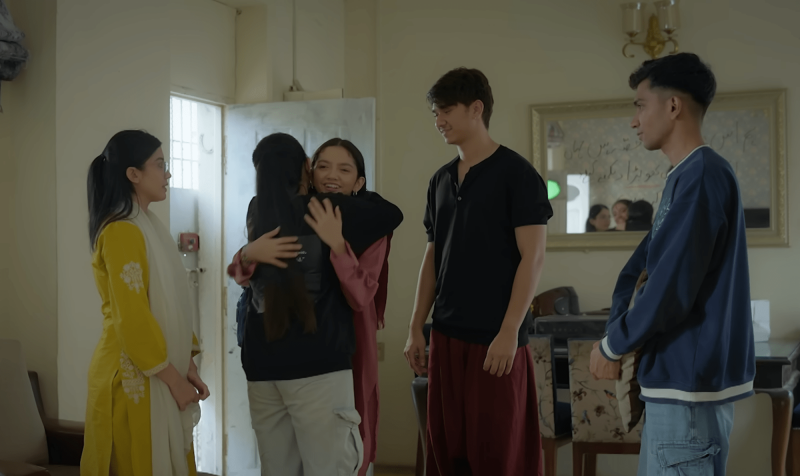


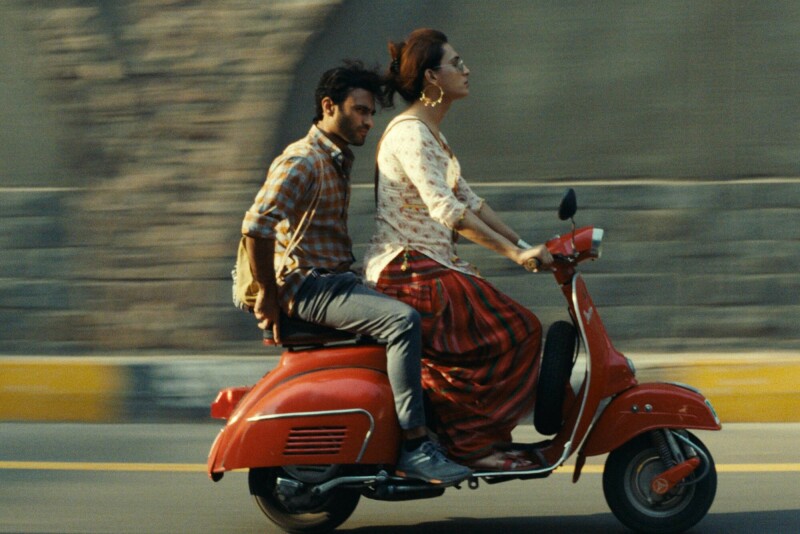
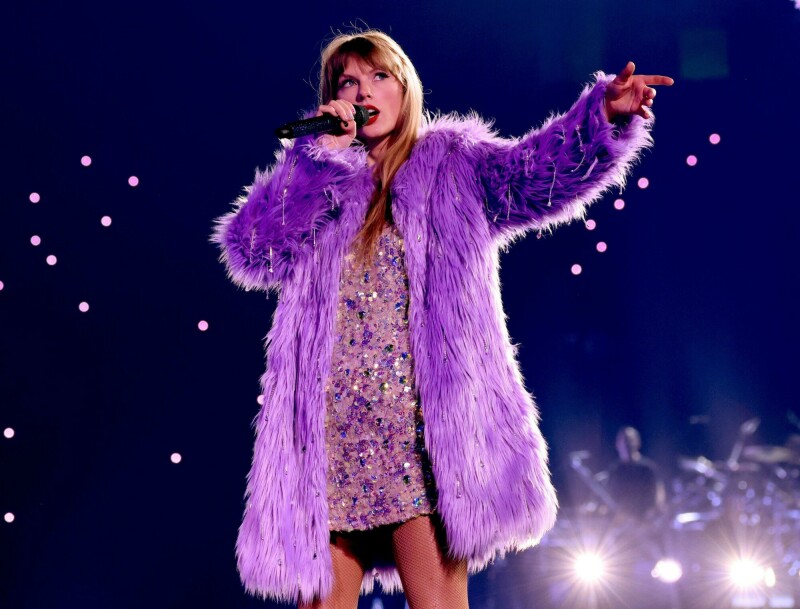
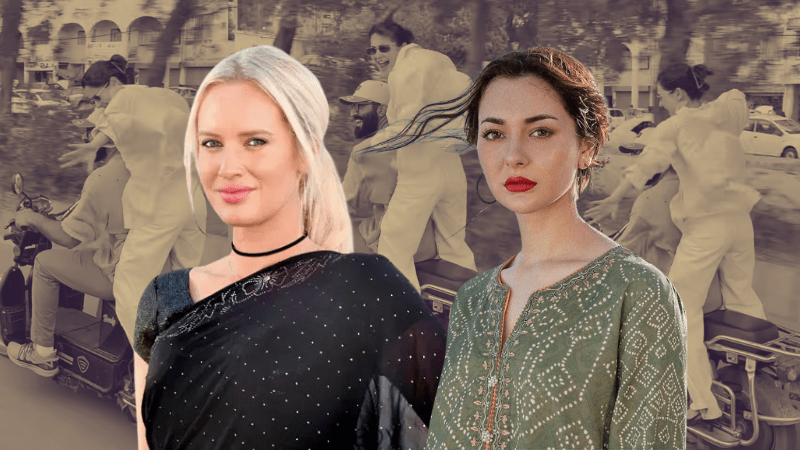
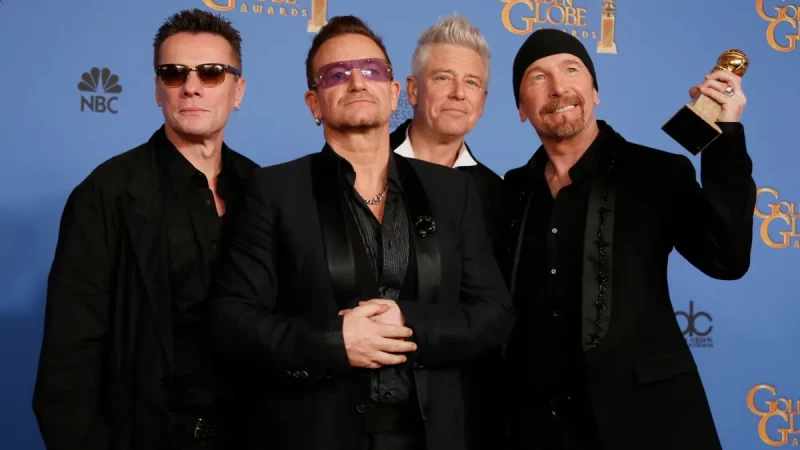
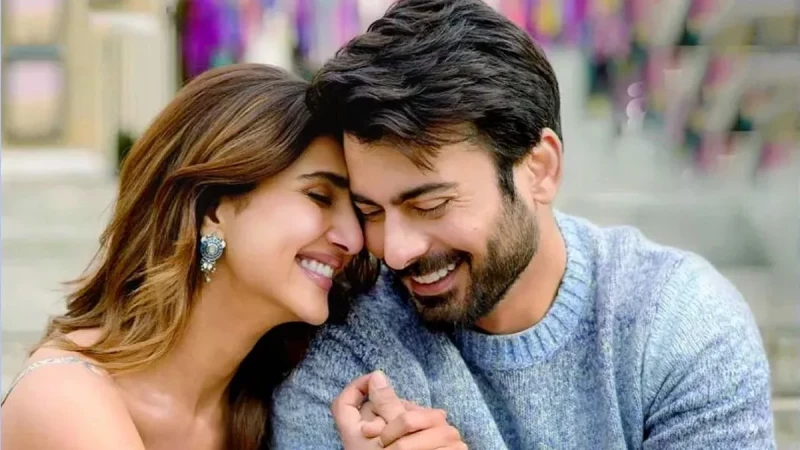
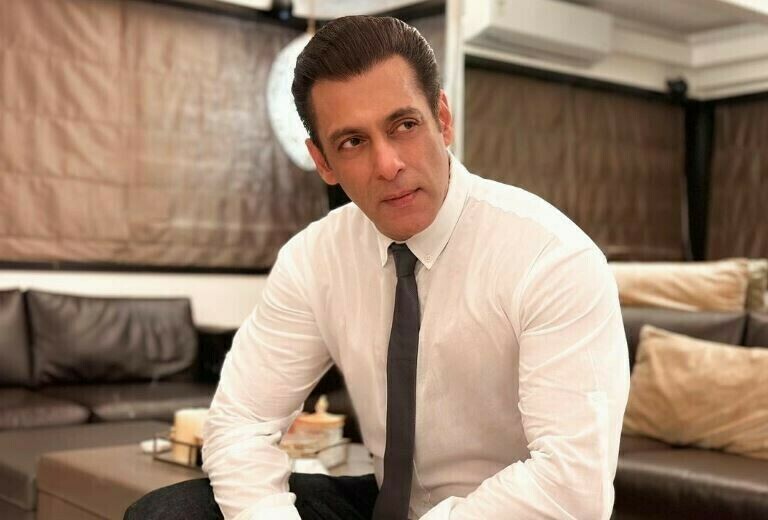
Comments